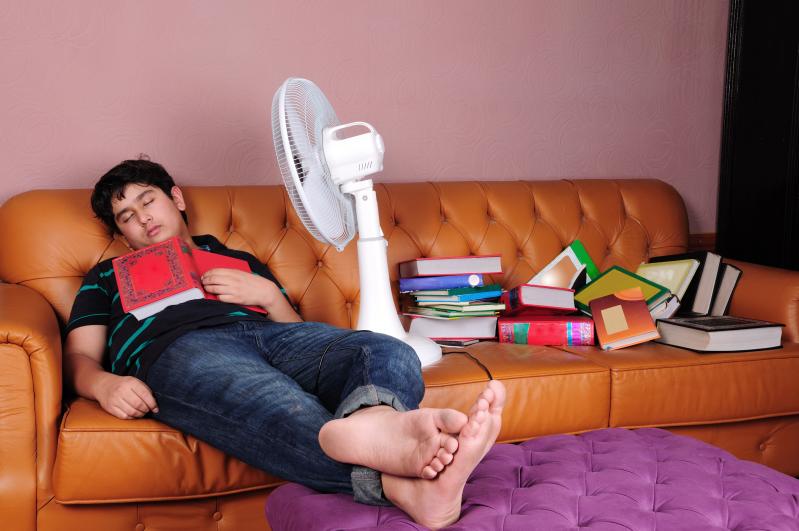By Sharonjeet Kaur, Staff Writer
Many college students spend all day in lecture or lab, then all night trying to digest the tons of material being hurled at them from left and right. When is there time to step back and unwind? When is there time to drift away and catch some zzz’s?
If I need to make it through my labs and pay attention to every detail, I cannot make it on inadequate sleep. However, if I want to study the material enough to master it to exam standards, I cannot sleep. If I want to make money to pay off my debt as a student, I cannot sleep. If I want to volunteer at the local hospital, do clinical research, and do other hobbies, I cannot sleep. If I want to make it to my goals…do I need to sleep?
The answer is, yes. Everyone needs enough sleep. According to health experts, everyone needs seven to nine hours of sleep every night in order to live a healthy life and to function properly on a daily basis.
Sleep is not a pastime that you use to fill in empty blocks in your day, but rather a physiological need that must be scheduled or put into a pattern that the body can work from. According to the National Sleep Foundation, acute sleep loss can result in poor judgement and lack of focus. It can also cause a decrease in immune system functions and an increase in depression-like symptoms. No one is fond of these characteristics, especially college students, who need to be alert and determined to tackle all obstacles and stresses that they may run into on their way to academic and occupational success.
Lack of focus and poor judgement alone are key factors that can put lives at risk daily. When driving to class, do you sometimes find yourself nodding off? Are you able to change lanes with accuracy, making sure that you are not putting your life and the lives of others at risk? With enough sleep, you would be able to focus on the road and your environment. Without enough sleep, you may not be able to see or think clearly. Something right in front of your eyes such as a pedestrian crossing the road or a car changing lanes may not be in your line of focus. Groggy drivers don’t make safe drivers.
Inadequate sleep through a long period of time, or chronic inadequate sleep, can have major health risks. According to the National Sleep Foundation, not getting enough sleep can interfere with you hormones. Ghrelin levels can increase, causing in increased appetite. Also, leptin levels can decrease, causing a decrease in the feeling of “fullness,” which can result in over eating. As reported by the CDC, over time, this can cause in increase in BMI, or body mass index, and cause chronic disease like heart disease and diabetes. Students have enough stress as it is in their class schedules, work life, and family commitments; personal health issues will weigh them down even more.
Students need balance. It is understood and
accepted that students have to juggle work schedules, class schedules, and
social life schedules, but making an outlined plan to balance life’s many tasks
and obstacles can help students lead healthier lives. This means scheduling
time to unwind and get much needed rest. What good is knowledge if you are too
groggy to use it? Find your balance and find your way to becoming a healthier
and more successful student.


